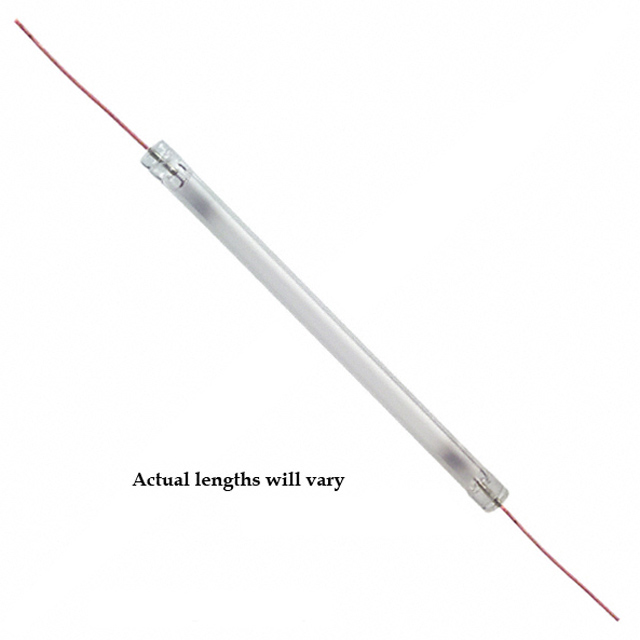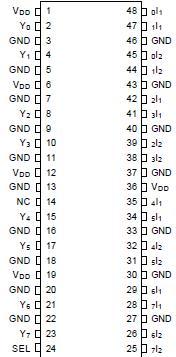PI3DBV40: Features: • RON is 4 typical• Low bit-to-bit skew: 200ps• Low crosstalk: 27dB @ 250MHz• Low Current Consumption: 20A• Near-Zero propagation delay: 250ps• Switchin...
floor Price/Ceiling Price
- Part Number:
- PI3DBV40
- Supply Ability:
- 5000
Price Break
- Qty
- 1~5000
- Unit Price
- Negotiable
- Processing time
- 15 Days
SeekIC Buyer Protection PLUS - newly updated for 2013!
- Escrow Protection.
- Guaranteed refunds.
- Secure payments.
- Learn more >>
Month Sales
268 Transactions
Payment Methods
All payment methods are secure and covered by SeekIC Buyer Protection PLUS.

 PI3DBV40 Data Sheet
PI3DBV40 Data Sheet








